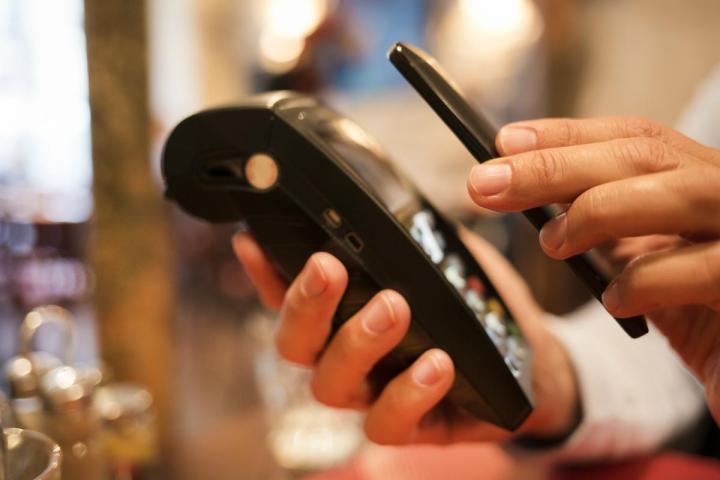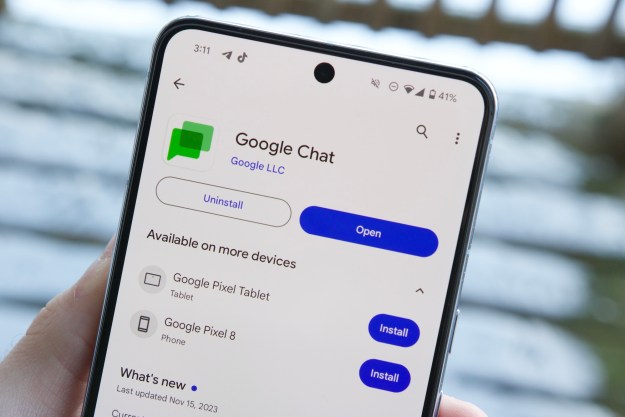
Google won’t charge transaction fees for any Android Pay mobile payments according to the Wall Street Journal, which makes it more attractive. What’s interesting about this story is that this was not Google’s intention.
Apple’s deal with major banks yields them 0.15 percent of the value for each credit card transaction and a half-cent per debit card purchase. Google wanted a similar deal, but Visa and Mastercard just adopted a new “tokenization” card-security system that is transaction free, meaning that payments services cannot charge fees to issuers. Tokenization helps curb data theft by transferring a unique set of numbers instead of the actual cardholder data to merchants.
Fortunately for Apple, the new tokenization standardization wasn’t ready when they were negotiating with major institutions last year. Apple was able to ink a 3-year deal with the transaction fees in place because the banks were under pressure to offer Apple Pay at launch. Coincidentally, Visa unveiled its new tokenization service on May 28, the very same day that Google announced Android Pay. Google’s tardiness eliminated all leverage.
This is an interesting situation since both companies are at a disadvantage and an advantage at the same time. Apple has a deal in place that will bring it a considerable amount of revenue from transaction fees, of which Google will not enjoy. On the other hand, major banks aren’t pleased with the Apple deal and will try to put pressure on them by decreasing or eliminating the fees. Apple still has two years left on their contracts so it’s unlikely anything will change, at least here in the U.S. However, Apple might not be able to arrange similar deals in other countries.
So who has the advantage here? Apple still has a considerable amount of power behind their brand so it’s unlikely the banks will block Apple Pay. Apple appears to be in a better situation, but it’s not all doom and gloom for Google. Insiders believe that Google does have a trick up its sleeve in that they could offer coupons, rewards and loyalty programs to consumers through Android Pay that could generate as much as the transaction fees would have yielded. However, Google could have still done that with or without transaction fees, so the loss of the transaction fees are still a loss in our book.
The good news to all of this is consumers are unlikely to be affected. Apple Pay isn’t going anywhere anytime soon and the extra fees associated with it probably will never hit your (mobile) wallet.
Editors' Recommendations
- What is NFC? How it works and what you can do with it
- Google Messages vs. Samsung Messages: Which app should you use?
- Google just announced Android 15. Here’s everything that’s new
- How to use Android Recovery Mode to fix your phone or tablet
- Google is paying a $700 million fine, and you’re getting some of it


